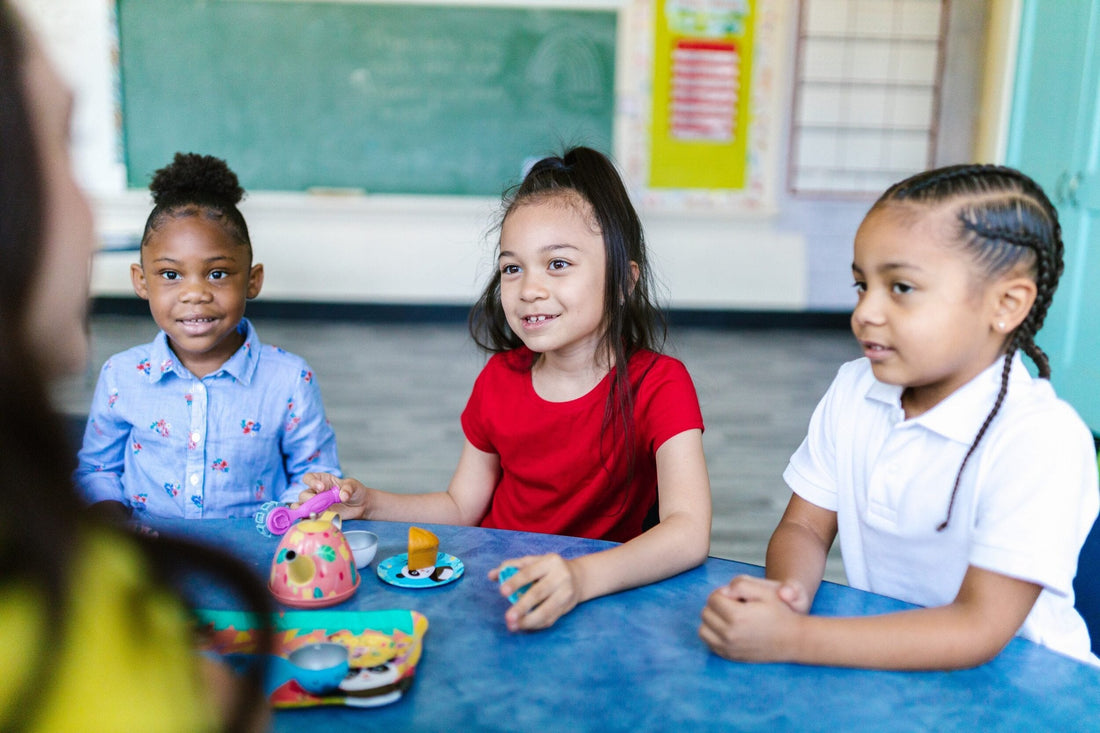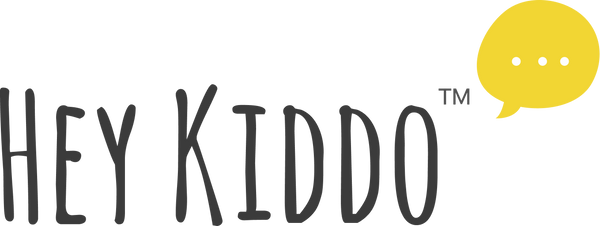
Types of Mental Health Early Intervention Explained
Share
Hey, Principals — When it comes to mental health needs in schools, there’s a lot to cover. From prevention to early intervention and treatment — are your students currently being provided with quality mental health services in every stage of need?
This post covers a few types of early intervention, as well as a way to make emotional wellness services as easy as “123.”
Hey PTAs — Looking for a new way to support students’ social and emotional wellbeing in the earliest stages of concern?
This post explains some of the most common, and most effective, forms of early intervention for kids and young people — as well as how HeyKiddo can make the stage simple and fun for the students who need it most.
More About Early Intervention in Mental Health for Schools
Early intervention — it’s a common phrase in the education world, but what is it exactly and how can you ensure your students have access to it when necessary?
This tool falls in between prevention and mental health professional help. It’s often described as “support” for students with mild distress, slightly impaired function, or risk factors for future challenges.
It’s important to note that not all symptoms should lead to the use of these forms early intervention.
Some challenges that are typically beyond the stage of early intervention and should receive a referral to healthcare providers or professional mental health services right away include:
- Potential disabilities, psychiatric disorders, or severe behavioral health concerns
- Self-harm or suspected need for suicide prevention support
- Substance abuse or substance use disorders
- Mental health disorders or severe symptoms that are affecting daily life or physical health
These are still extremely important to spot — they just fall into the early identification area more so than early intervention.
Some of the most common types of early intervention for student mental health conditions include:
- Mentoring
- Low-intensity classroom supports
- Supportive skills training
Mentoring
Youth mental health mentoring in schools typically includes middle or high school students who are looking for a volunteer opportunity or a chance to help other kids.
Mentors are trained in simple counseling practices, red flags to watch for, and supportive suggestions to offer their peers. They then meet with students who are in the early stages of needing support in a friendly, unscripted manner.
This practice gives early intervention kids the help they need while leaving school counselors with adequate time for the more serious concerns. As an added bonus, mentors often report better mental health as they focus on helping their classmates, too.
Low-Intensity Classroom Supports
Teachers are often able to offer early intervention on their own. This may include daily chickens with affected students, whether it be a simple conversation or a sheet to fill out covering areas of potential concern.
Sometimes home-school note systems can work — especially when parents are working to improve the situation on their end at the same time. Small group work can also help when multiple learners per classroom share similar needs.
Supportive Skills Training
Another easy and effective form of early intervention is the strengthening of supportive coping skills and protective factors. Some top social-emotional skills that can help when mental health issues or warning signs appear include:
- Resiliency
- Mindfulness
- Critical thinking
- Self-awareness
- Empathy
- And more
If you’re looking for a way to share these skills in your school, whether it be for early intervention services or prevention program purposes, HeyKiddo can help.
Our easy-to-implement, interactive software teaches emotional wellness skills to young children in a fun and effective fashion.
Contact our team today to learn more about how this program could fit into your teachers’ daily routines.














